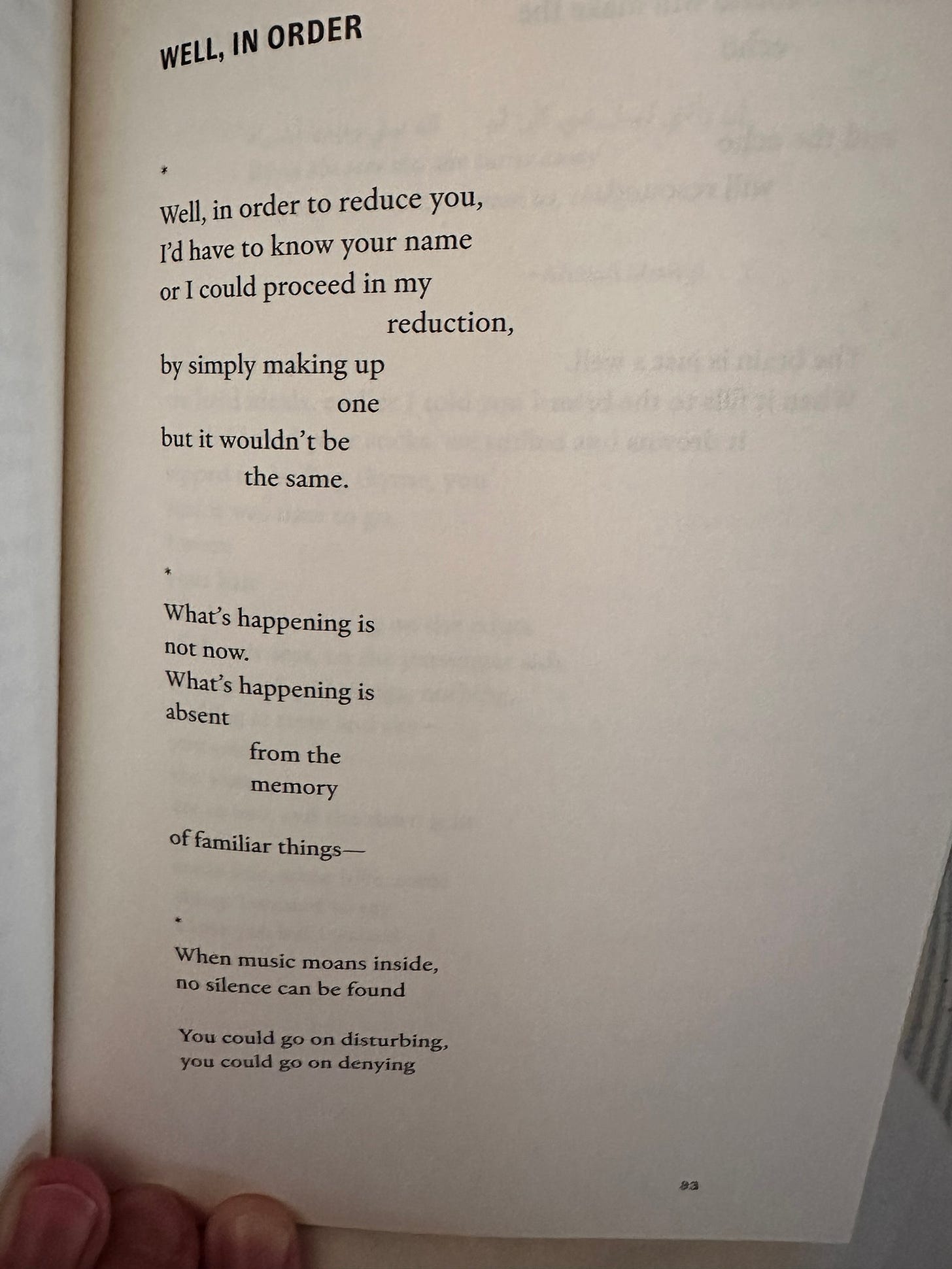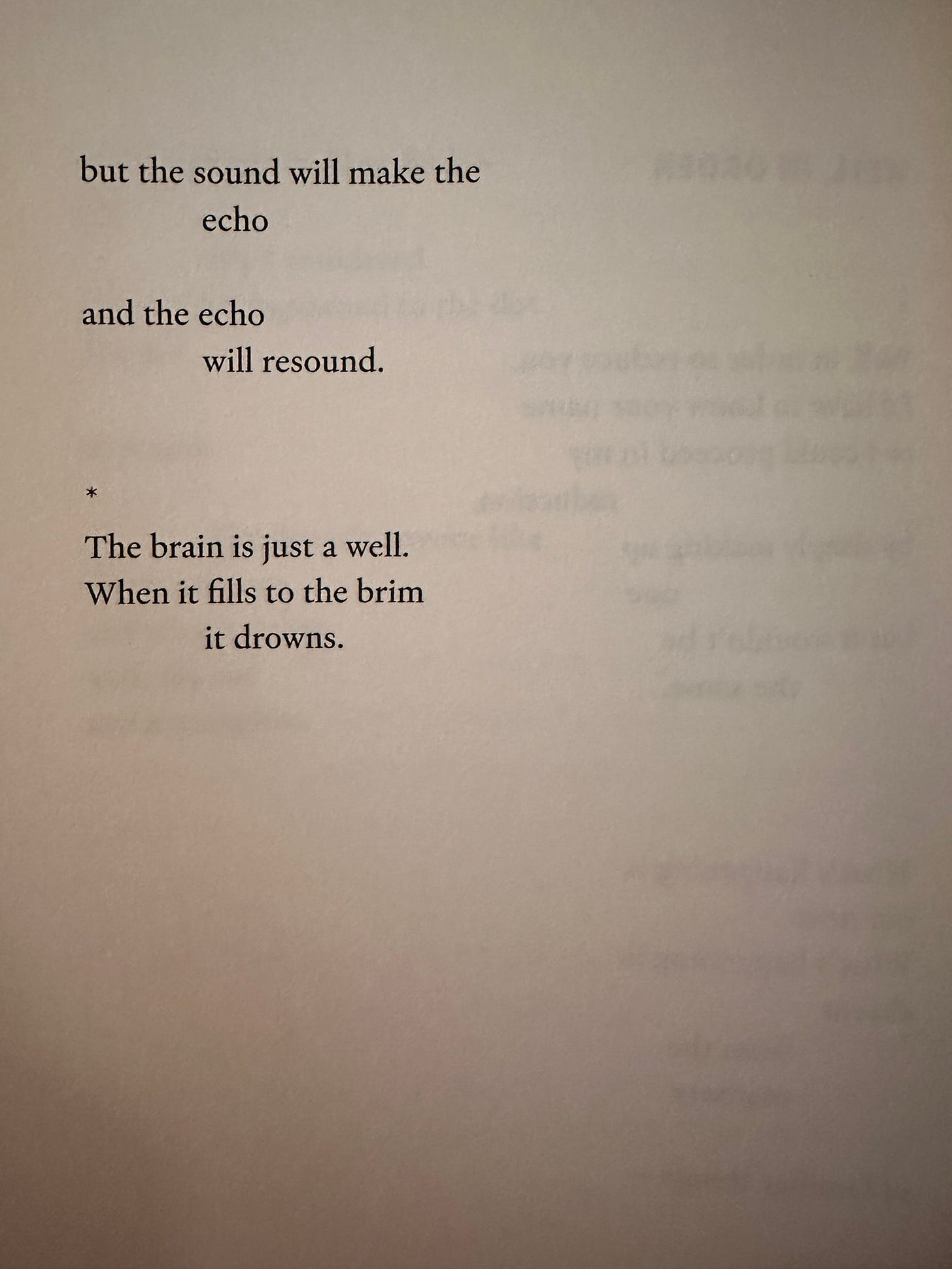What’s the difference between a harpoon and a spear?
And which came first?
And if they were, as I imagine, largely thought up to hunt some form of animal, were they first used to hunt land, sea, or flighted animals?
I’m fighting every instinct I have to open up a new tab and google these questions, answering them in, surely, very little time. Mostly because I want to enjoy the tantalizingness of unknowing for a short while longer. It’s like a ripe peach dribbling down my chin.
If you eat a peach for breakfast what genre of meal is it? Is dessert, for instance, distinguished from the breakfast-lunch-dinner cycle, or is it a part of it? Can you have breakfast-snack, lunch-snack?
What types of wood do you think were first used to make a harpoon? It begs the question what wood were the first boats made of; however, boats assuredly came far later than harpoons. And did someone fell a tree in order to carve the harpoon from the wooded-corpse, or did they take from the available branches?
Then you have to go into the less historically utilitarian questions. What was the first drawing made with the pointy-end of a harpoon? What was first tamped down by the blunt end? In what material was the first drawing sketched in? What relevance does first have in a history so far removed from modern times that any knowledge of that period whatsoever is a miracle. I could find the twenty-eighth drawing ever made by a harpoon and I’m fairly confident I would be overjoyed, thrilled even. Or the sixty-second drawing from a harpoon into a rock face. I think once you measure into the hundreds it gets less impressive though. In much the same way one minimizes death once the number of it scales into the three-digits — people don’t want to acknowledge that a number going that high has real consequences to it.
What was the name of the first person to accidentally sit on a harpoon, and what was the nickname they were given afterwards by their colleagues and family? What types of nicknames do you think individuals bequeathed each other in the ancient times? And at what point do we first start seeing a large, cultural shift into having names, generally?
If any of you follow the trails of these questions and come to some interesting answer or conclusion, please, feel free to share these answers. Or simply ask more questions of your own.
I think the deepest pleasure one can have in life is to freely explore the questions that exist slightly beyond the framed-borders of their mind. Don’t give yourself time to draw the connections, and don’t give yourself time to try to conclude upon something akin to an answer, a response. No, I know you are brilliant, and I know that you could use a break.
Here is a poem from the book Border Wisdom by Ahmad Almallah, out of the wonderful press Winter Editions.





